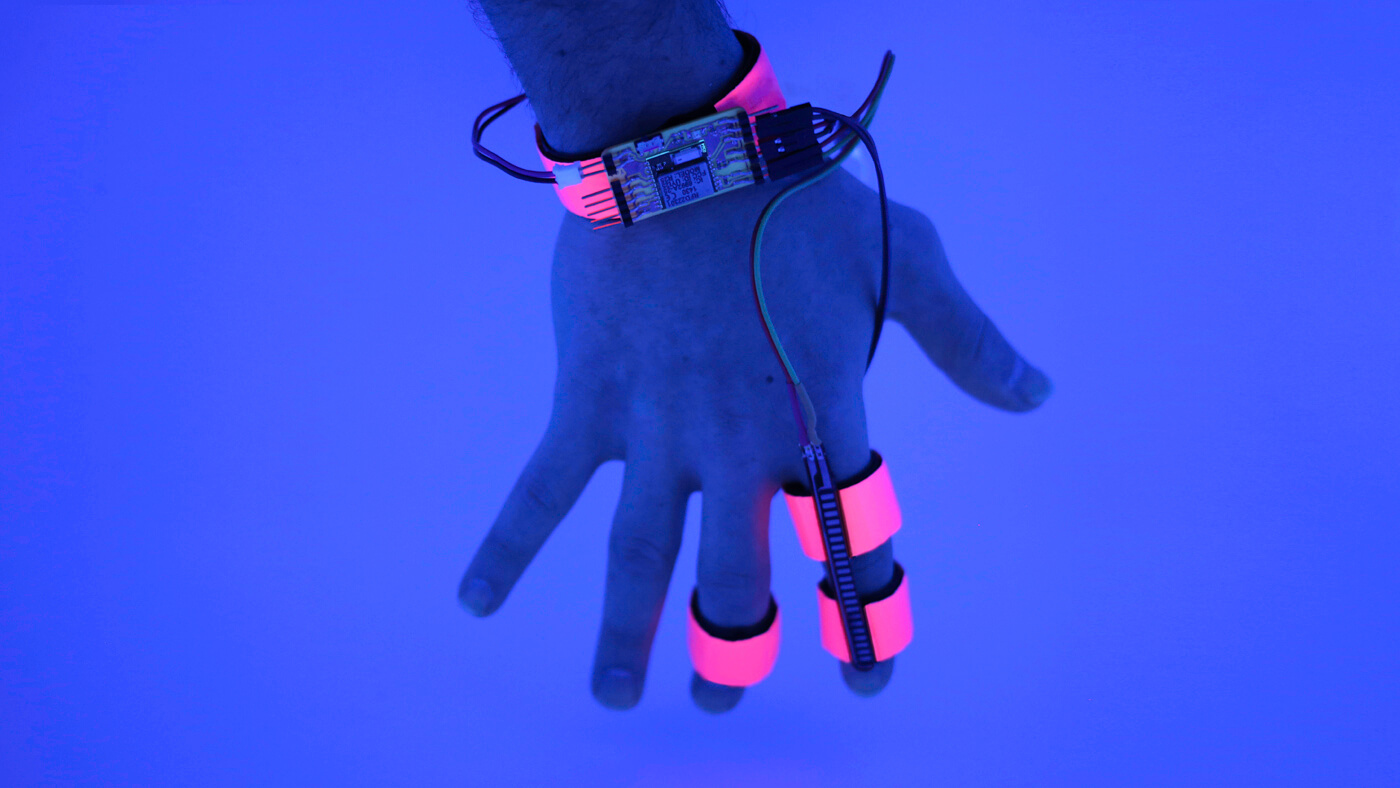[ad_1]
The big picture: Using sensory inputs to manipulate dreams may seem forward-looking but the concept isn’t new. Thinkers like Thomas Edison and Nikola Tesla reportedly took naps with a steel ball in their hand. When they fell asleep and the ball hit the floor, it had the same effect as modern methods and would open their minds while between the conscious and subconscious state.
Dreams are among the most fascinating aspects of life. They’ve captured our imagination for generations yet still, we don’t fully understand their content and purpose.
MIT’s Dream Lab, a division of the university’s Media Lab Fluid Interfaces Group that’s been around since 2017, is hoping to change that by seeing what happens when we interfere with dreams.
The Dream Lab has been working on wearable devices designed to track dreams and even tap into them. One such effort, a glove-like device called Dormio, helps extend, influence and capture the transitional state between being fully awake and asleep, called hypnagogia.
In a 50-person test, Dormio was able to influence the content of dreams by playing an audio cue when wearers were in the hypnagogic state. For example, playing back the word “tiger” resulted in some users having dreams about a tiger.

Dream Lab researcher Judith Amores is taking it a step further through smell. Her project, called BioEssence, is a wearable scent diffuser that emits a preset scent when the user enters the N3 stage of sleep which is associated with memory consolidation. When smelling the scent while asleep, it triggers the brain to strengthen a memory or learned behavior associated with the scent. Best yet, unlike an audio cue, it is less likely to wake you up.
This sort of thing happens quite often all by itself. Just think of how many times your brain has integrated the sound of your alarm into a dream. This natural ability to narrativize our surroundings is exactly the sort of thing the Dream Lab is trying to hack into.
Not everyone believes tinkering with dreams is a good idea. Rubin Naiman, PhD, a psychologist and sleep and dream expert at the University of Arizona’s Center for Integrative Medicine, thinks the importance of dreams is their ability to flourish on their own.
“The thing with hacking dreams is that it’s based on a presumption that the subconscious is unintelligent, that it doesn’t have a life. The unconscious, it’s another kind of intelligence. We can learn from it. We can be in dialogue with it rather than dominate it, rather than ‘tap in’ and try to steer it in directions we want.”
Furthermore, what sort of side effects could hacking dreams have on actual sleep? Could it lead to sleep-onset insomnia?
[ad_2]
Source link
